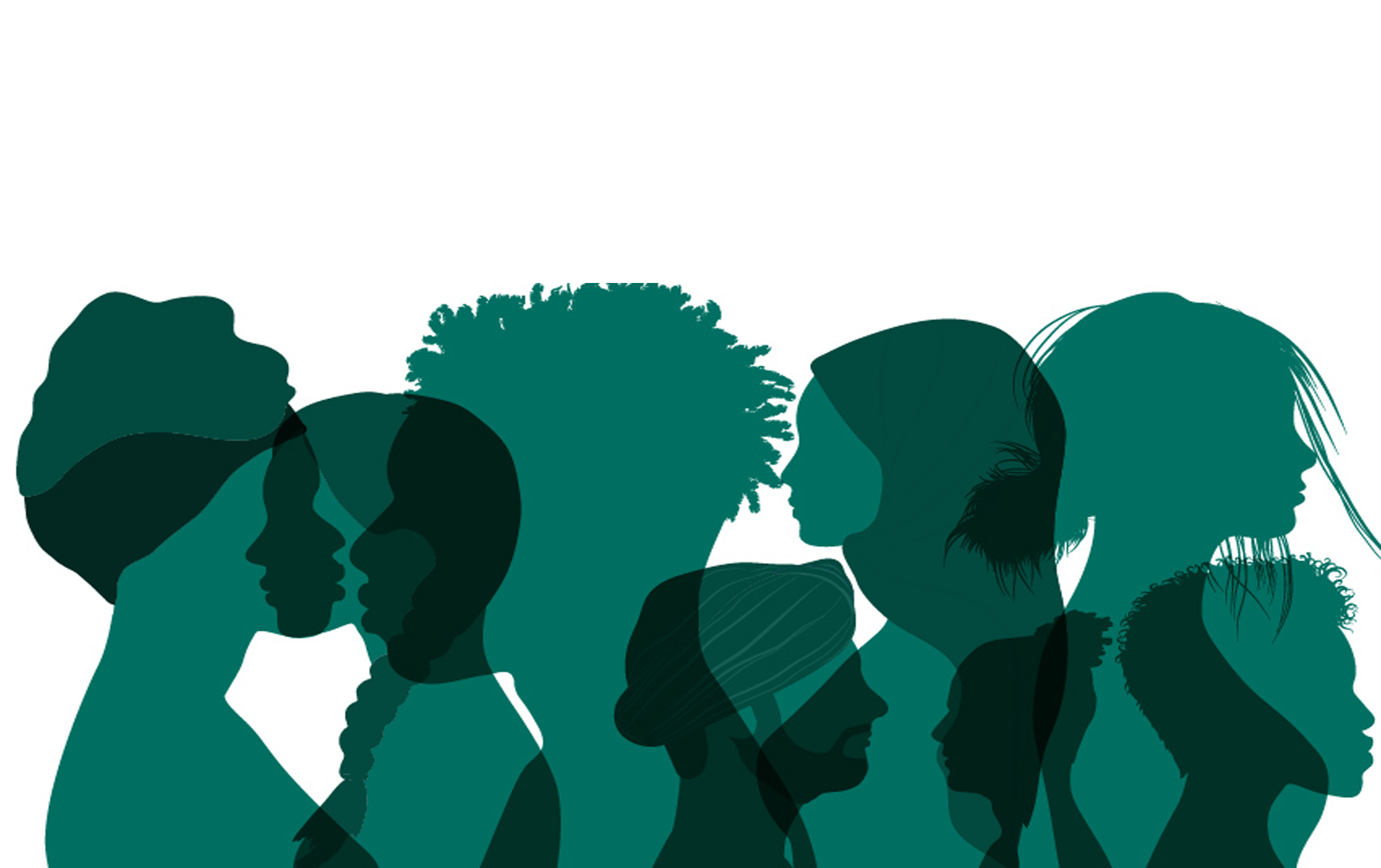What did you do to create inclusive practice and how did you do it?
The University of Hull Library is decolonising its collections and catalogues to increase the peoples, experiences and knowledge systems represented. Our statement of intent is available on our webpages. This is not a project; it is an ongoing commitment to redress biases entrenched over almost 100 years of acquiring and describing information, and to prevent their perpetuation. We welcome input from everyone in the University. We redesigned the students’ ‘Suggest a purchase’ form so that they can explicitly request titles to decolonise collections and reading lists. We use purchase fund and book-specific data to create dynamic lists on our ‘Diversified collections’ page. Funding is ring-fenced for the purposes of decolonising. Academic colleagues are responsible for decolonising their subject reading lists, and the Library can support this; a themed reading list aims to encourage engagement. We are changing our cataloguing practices, in line with the Cataloguing Code of Ethics, and drawing on good practice from across the world. Our initial focus is on subject headings because these words and phrases embed the most obvious biases. For example, we replaced the dehumanising official subject heading ‘Illegal aliens’ which, based on US legal terminology, privileges the territorial claims of a government over the experiences of people seeking refuge.
Why did you implement your example of inclusive practice?
We have begun to implement these practices because morally it is the right thing to do. All peoples must be afforded equitable representation and consideration in our physical and online environments. The people who make up the University’s communities deserve to see their Library reflect their cultures and knowledge systems. The systems of information categorisation employed by libraries pose as neutral but define the white male living in the Global North as the default – perhaps not surprisingly, given such males largely created these systems. For example, the Library of Congress uses ‘Psychologists’ as the main subject heading for this profession. That this heading is male and heteronormative by default is evidenced by the inclusion of two so-called narrower terms: ‘Gay psychologists’ and ‘Women psychologists’. These are the only narrower terms that are not defined according to the focus of the role, e.g., ‘Sports psychologists’, but by the perceived differences between the role holders and their male, cis counterparts. Classification systems also overwhelmingly privilege the Global North. Both Congress, used at Hull, and Dewey Decimal were devised in the US by white males. The geographies, literatures, cultures, laws, philosophies and religions of the US and Western Europe are prominent, with many more classifications, and so greater nuance, than for other continents. We recognise that this work will never be complete, and that challenging ourselves as professionals on a daily basis is essential.
What was the impact of your case study?
It is difficult to measure the impact of the early changes: revised classmarks and subject headings may not be noticed by most people. This is not a reason to do nothing; the encoded biases are harmful and must be removed. We are considering providing an online form for users to suggest a classmark or subject heading that should be changed. They could include the reasons, and proposed alternatives. We can, however, measure the number of requests made via the students’ ‘Suggest a purchase’ scheme, and there has been an impressive increase. The academic year 2020-2021 was the first year we provided specific funding and the revised request form. We ordered 156 items, and spent £4,822. In year two, 2021-2022, we ordered 358 items, with a total spend of £8,950. This work has helped us to create connections with other parts of the University. The University’s EDI team asked us to collaborate in creating a Black book club. Encouragingly, at this early stage of development, many of the titles they wish to promote are already available via the Library. We are also working with colleagues at the Wilberforce Institute to highlight their important collections. These are currently discoverable via Library Search, but would be more visible to users via a specific prominent showcase.
What were the lessons learned?
Decolonising is hard, forcing us to question long-held professional ‘truths’, and our relationship to them. This may be uncomfortable, but not harmful. A key success for us was creating a safe space for discussions, and approaching colleagues’ questions with empathy. We are not experts, and will get things wrong despite good intentions. We are open to failure and trying again. For example, we were initially conservative in revising ‘Illegal aliens’ to ‘Illegal immigration’, in line with Library of Congress. This seemed to be an improvement because it no longer suggested that people could themselves be illegal. However, we have since realised that, by focusing on the process – ‘immigration’ – this simply altered how people undertaking certain migratory journeys are dehumanised, not the fact of their dehumanisation. We will therefore be changing this to ‘Undocumented immigrants.
